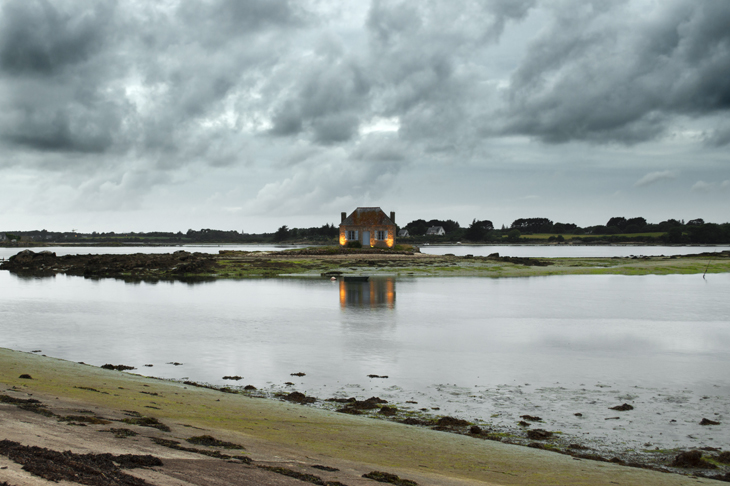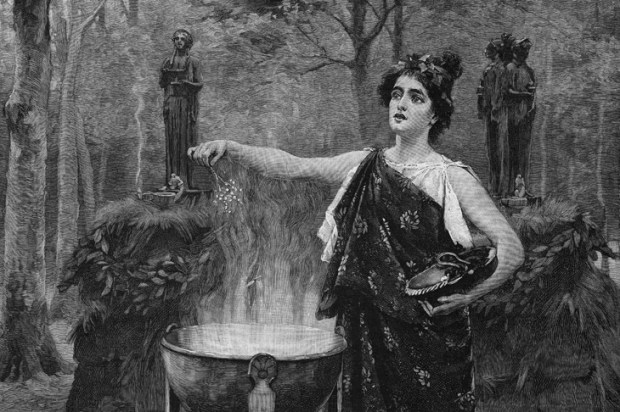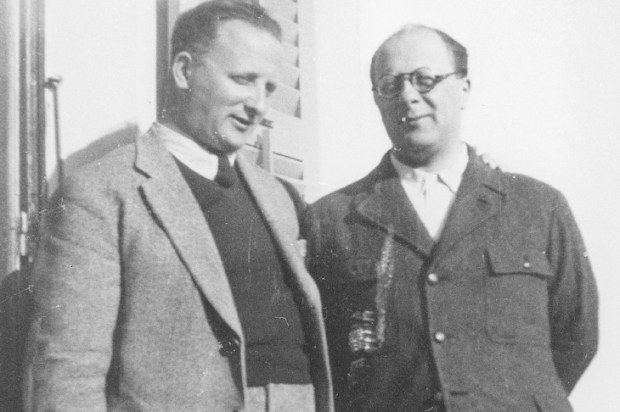I’ve diagnosed myself with early onset cottage-itis. It’s not supposed to happen for another decade, but at 29 I dream of just the smallest bolthole in the country: a bothy, a gatehouse, a folly below the ha-ha in someone else’s stately home. A shepherd’s hut in tasteful shades of prime ministerial greige. Liberated from the city I would be a nicer, calmer, more industrious person. I would write my magnum opus and be self-sufficient in rhubarb crumble.
Every morning when the drills start on the cycle super-highway that will speed the passage of Deliveroo couriers through west London, I put my head in my hands and will myself into a gingerbread cottage in the country.
Be careful what you wish for, is Amanda Craig’s message. ‘In the country,’ says Quentin, the compellingly irredeemable husband in Craig’s novel The Lie of the Land, ‘no one can hear you scream.’ The philandering Quentin and Lottie need to divorce, but can’t afford it. If they rent out their London house for a year the property market might pick up, and they can sell for enough to buy a flat each. In the meantime, they must rent cheaply in the country with their two young daughters and Lottie’s teenage son from a one-night fling. They are the downwardly-mobile privileged poor: Lottie an architect eking out a redundancy payment; Quentin a formerly successful journalist who can’t (gulp!) get a byline.
They move to Devon, Brexit-Ukip country, and do battle with mice, rats, stray cats and the broadband router. These alone don’t explain the low rent on the cottage. There’s a stone trough in the basement spattered with blood. Then something nasty, rotting, turns up near the compost heap. A death in the village.
There is powerful nature writing here, as well as social satire. Think James Rebanks’s The Shepherd’s Life, but with sex, politics, malice, murder and Le Creuset saucepans. Lottie blooms away from London; Quentin withers. Craig is whetstone-sharp when writing her women: on Lottie’s domestic, particularly Christmas, martyrdom; on the farmer’s wife who adopts cats, dogs, hens, lambs, any animal to quiet the grief of not having a baby; on little girls at London prep schools who won’t eat birthday cake for fear of getting fat. She is also fair and understanding: the locals who vote for Ukip aren’t monsters or racists or idiots, they just feel forgotten.
The plot is a little protracted, but the reveal is ingenious. I was sure I’d solved it, but Craig is clever at herding you in the wrong direction with feints and false leads. I’m still dreaming of my rectory cottage — though I’ll never dare touch the compost heap.
Got something to add? Join the discussion and comment below.
Get 10 issues for just $10
Subscribe to The Spectator Australia today for the next 10 magazine issues, plus full online access, for just $10.
You might disagree with half of it, but you’ll enjoy reading all of it. Try your first month for free, then just $2 a week for the remainder of your first year.















Comments
Don't miss out
Join the conversation with other Spectator Australia readers. Subscribe to leave a comment.
SUBSCRIBEAlready a subscriber? Log in